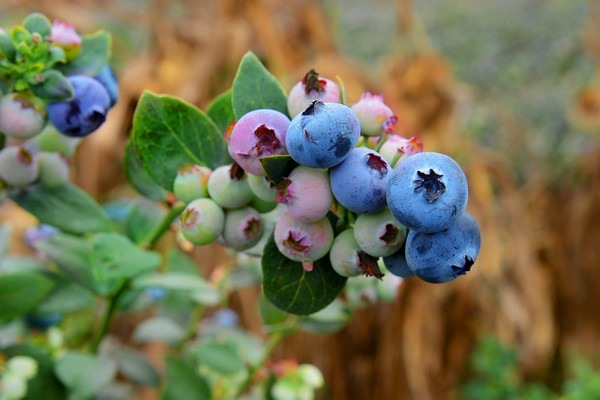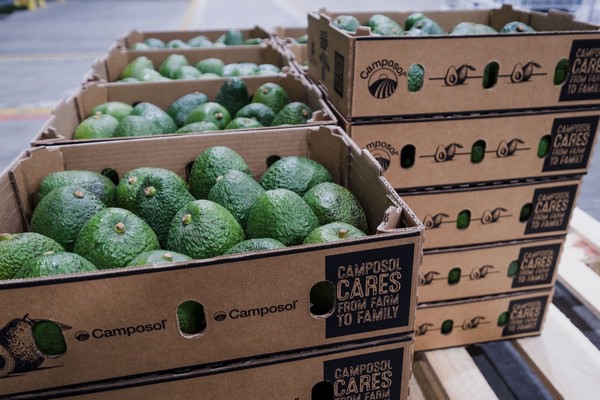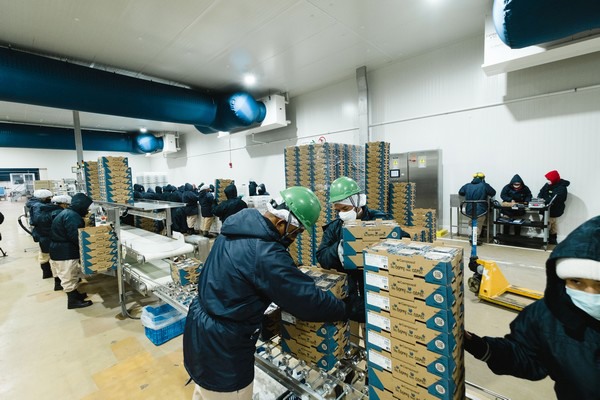 Reflecting on 2022, it was a very challenging year for many companies in the industry. “It was a year in which we saw ocean freight rates increase tremendously, but also the year of inflation and increases in fuel prices,” says Sergio Torres with Camposol. “Inflation not only hit our markets in Europe and North America, but worldwide and the value chain was confronted with significant cost increases.” These cost increases impacted the business. “From there, this year we want to focus on possible opportunities along the value chain, in particular the supply part of that chain. We want to do well with what we have.”
Reflecting on 2022, it was a very challenging year for many companies in the industry. “It was a year in which we saw ocean freight rates increase tremendously, but also the year of inflation and increases in fuel prices,” says Sergio Torres with Camposol. “Inflation not only hit our markets in Europe and North America, but worldwide and the value chain was confronted with significant cost increases.” These cost increases impacted the business. “From there, this year we want to focus on possible opportunities along the value chain, in particular the supply part of that chain. We want to do well with what we have.”
This means trying to find savings throughout the chain and make the business more profitable, but also improving results with the same resources. “While we are seeing a positive trend of sea freight rates coming down, we need to keep negotiating freight rates through the first semester.”
Blueberries year-round
Since this year Camposol will be able to supply blueberries from Peru for 52 weeks out of the year. “We have been working on year-round availability for the past few years and are now able to make that commitment to our customers, also through December and beyond,” said Torres. Agronomical management has allowed for the transition to year-round supplies. “No acreage expansion but pruning and taking good care of the bushes. Here and there, a new variety is incorporated into the mix,” he said. “During the first months of the year, we are competing with Chile in the North American market, but Peru differentiates itself by growing blueberries under better conditions and delivering a higher quality berry. That’s how we differentiate and increase our market share.”

Higher avocado volumes to Europe
Last year was a more challenging year for avocados due to high costs throughout the value chain. “Prices were okay, but there were many other factors that had an impact,” said Torres. This year, he expects the markets will face an increased volume of avocados from Peru due to expanded acreage that is now reaching maturity age. “This will result in more volume being available, which is expected to mostly make its way to Europe rather than the US.”
The US market is mainly supplied by California and Mexico, providing the country with stable production volumes. This means the share of Peruvian avocados going to the US will be smaller than the volumes destined for Europe. “There is just a lot of competition in the US, so our focus will be to work with our retail customers on programs and promotions. Consumers have been faced with many cost increases and joint promotions can help alleviate and encourage consumption.” While the vast majority of avocado volume is grown in Peru, Colombia is an up and coming country. “This is a project that keeps developing, and our trees in Colombia should reach the maturity age of production in the next few years,” Torres mentioned.

Citrus and grapes
The company also grows citrus in Uruguay and Peru. From April through June, clementines and mandarins from Uruguay are brought to the market and in Peru, mandarins are harvested between June and August.” Grapes from Peru are available from the end of September until the end of December, mainly targeting Europe, the US, and China.
Sustainability
Across all product groups, innovation and sustainability are a focus for Camposol. “For many years, we have invested in research and development focused on natural pest control. Our biological control system prioritizes the natural management of pests by using beneficial organisms,” said Torres. Camposol has been a member of the UN Global Compact since 2008 and seeks to develop its sustainable and socially responsible policies even further.

 For more information:
For more information:
Sergio Torres
Camposol
Tel : +1 (954) 3170528 – ext. 8107
storres@camposol.com
www.camposol.com
